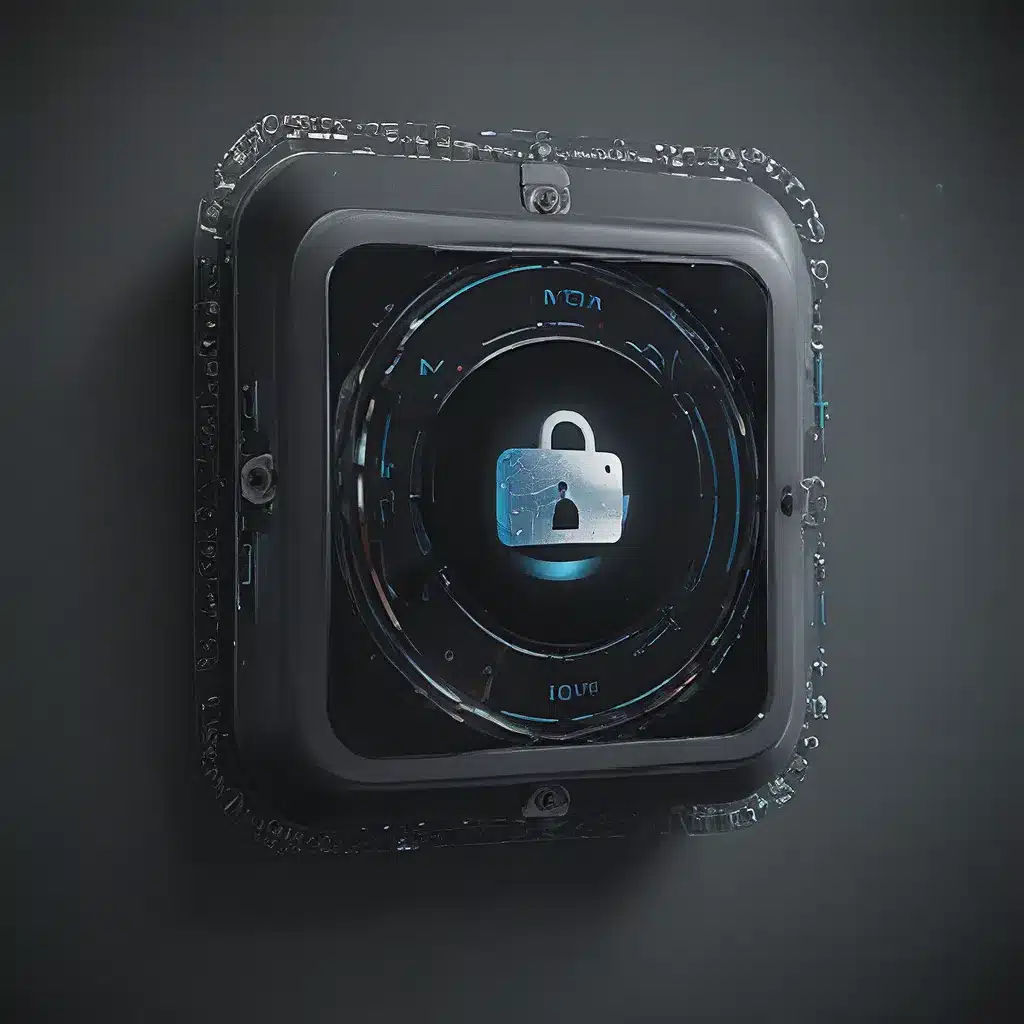Panic? Not So Fast!
Oh no, you’ve just received one of those dreaded sextortion emails – the ones that claim they have compromising footage of you and will share it with all your contacts unless you pay up. Before you start hyperventilating, take a deep breath. As unsettling as these messages can be, the reality is that they’re mostly empty threats from scammers trying to make a quick buck.
You see, these extortionists aren’t actually monitoring your every move or hacking into your devices. They’re just sending out mass emails, hoping that the fear of having your dirty laundry aired will pressure someone – anyone – into coughing up the ransom. In fact, research shows that these sextortion campaigns can net the criminals up to £20,000 per week [1], all without doing any real hacking at all.
So while it’s understandable to feel a bit shaken, try not to let the panic set in. These scumbags are preying on your sense of shame and privacy, but the truth is, they likely don’t have any dirt on you. The best thing you can do is stay calm and follow the steps I’m about to outline. With a cool head and a little know-how, you can kick these scammers to the curb without handing over a single penny.
Secure Your Accounts
The first order of business is to secure your online accounts. Even if the scammer is bluffing about hacking into your devices, it’s still a good idea to tighten up your defenses. Start by changing the passwords on any accounts that share the password mentioned in the email. And while you’re at it, enable two-factor authentication wherever possible [2]. This extra layer of security will make it much harder for anyone to break into your accounts, even if they do have your login details.
Next, run a full virus scan on all your devices. The scammer may claim to have installed some kind of “driver-based virus” [3], but the truth is, these types of malware are extremely rare and difficult to pull off. Still, it’s better to be safe than sorry, so get your devices checked out just in case.
Don’t Engage the Scammer
Now, here’s the really important part: do not, under any circumstances, respond to the scammer or pay the ransom. These criminals are counting on your panic to cloud your judgment, but giving in will only encourage them to keep up their shady tactics.
Instead, forward the email to your local law enforcement and the FBI’s Internet Crime Complaint Center [4]. They’re well-versed in these types of scams and can take appropriate action. You can also report the email to your email provider, who may be able to help block or flag any future messages from the same senders.
Protect Your Privacy
While you wait for the authorities to do their thing, there are a few more steps you can take to safeguard your privacy. First, check your social media profiles and online presence to make sure there’s nothing compromising that could be used against you. If you find anything questionable, consider removing it or making your accounts more private.
You might also want to consider signing up for a credit monitoring service [7]. That way, you can keep an eye on your credit report and catch any suspicious activity before it causes serious damage. And if you’re really concerned about the scammer having access to your personal information, you can even place a credit freeze on your account to prevent new lines of credit from being opened in your name.
Breathe Easy, You’ve Got This
I know it’s not easy to stay calm when someone is threatening to expose your private life, but try to remember that these sextortion scams are more bark than bite. By taking the right precautions and refusing to give in to the scammer’s demands, you can effectively shut down their operation and move on with your life.
So take a deep breath, follow the steps I’ve outlined, and know that with a little diligence, you can emerge from this experience unscathed. These slimy extortionists may think they’ve got you over a barrel, but in the end, the power is in your hands. You’ve got this!
References
[1] CNBC. (2019, June 17). Email ‘sextortion’ scams on the rise, says FBI. https://www.cnbc.com/2019/06/17/email-sextortion-scams-on-the-rise-says-fbi.html
[2] Microsoft Answers. (2022, October 23). What is this Cobalt Strike Beacon I got this email about? https://answers.microsoft.com/en-us/outlook_com/forum/all/what-is-this-cobalt-strike-beacon-i-got-this-email/5637def1-3cae-4de8-bbe9-683bc2fe2239
[3] Reddit. (2022, November 30). A hacker has apparently been watching and recording me through my webcam. https://www.reddit.com/r/techsupport/comments/z22egx/a_hacker_has_apparently_been_watching_and/
[4] Reddit. (2022, December 6). I received an email with some of my passwords and a threat to release intimate videos of me. https://www.reddit.com/r/HowToHack/comments/zpovwt/i_received_an_email_with_some_of_my_passwords_a/
[5] Security Intelligence. (2019, September 16). Sextortion Scams Delivered by Emotet Net 10 Times More Than Necurs’ Sextortion: Here’s Why. https://securityintelligence.com/posts/sextortion-scams-delivered-by-emotet-net-10-times-more-than-necurs-sextortion-heres-why/
[6] Pramos, P. (2019, June 18). Sextortion Scams: Hype or Truth. https://pramos.medium.com/sextortion-scams-hype-truth-e8c81a2b35c9
[7] Avast Blog. (2019, August 20). Digging into sextortion emails. https://blog.avast.com/digging-into-sextortion-emails-avast
[8] Quora. (2022, November 28). I got an email saying on this day I hacked your OS. They sent me a list of my passwords and they even have screenshots of my PC screen. What should I do? https://www.quora.com/I-got-an-email-saying-on-this-day-I-hacked-your-OS-They-sent-me-a-list-of-my-passwords-and-they-even-have-screenshots-of-my-PC-screen-What-should-I-do













